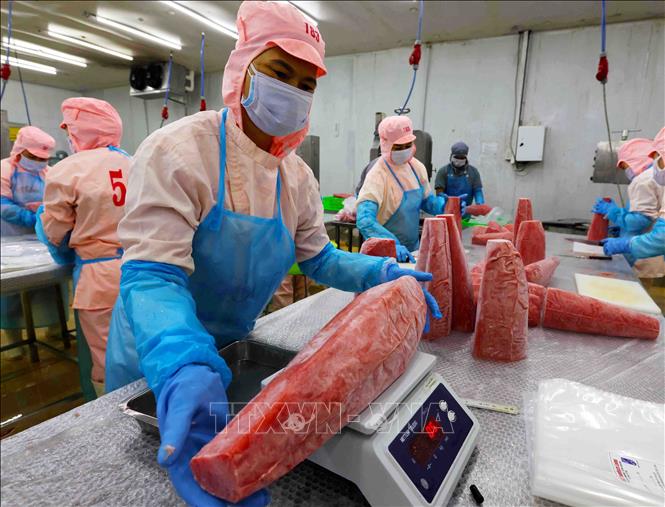
Along with Vietnam's participation in many free trade agreements (FTAs), protectionist policies are reappearing in many new forms. In particular, developed countries are increasingly tightening regulations related to supply chains, origin, labor, environment, sustainable development and climate change response. Non-tariff barriers are putting significant pressure on Vietnam's export goods. Therefore, in order to promote the export of goods, the Ministry of Industry and Trade continues to improve and promote early warning of foreign trade defense cases against export goods to improve competitiveness, improve supply chains and adapt to global rules of the game.
According to trade experts, the world is continuing the trend of globalization and trade liberalization. One of the characteristics of this trend is the reduction of import tariff barriers. However, countries continue to maintain mechanisms to protect domestic production from unfair competition and excessive import growth.
In addition to these mechanisms, trade defense tools are used according to the provisions of the World Trade Organization (WTO) and FTA commitments. At the same time, the need to protect national production interests increases, and the number of trade defense cases continues to be applied more and more. Some countries use this measure more frequently, such as the United States, the EU, India, Canada, Australia; some Southeast Asian countries, Turkey. Notably, in addition to traditional measures such as anti-dumping, anti-subsidy, self-defense, etc., some countries have begun to pay attention and regularly use measures to prevent evasion of trade defense measures to protect the interests of domestic production.
Commenting on this issue, Ms. Nguyen Anh Tho - Foreign Trade Remedies Handling Department, Trade Remedies Department, Ministry of Industry and Trade shared that as of April 2025, Vietnam has faced a total of 284 trade defense investigations from import markets; of which, anti-dumping accounts for 54.6% and self-defense accounts for 20.8%.
In 2024 alone, countries initiated the most new trade defense investigations against Vietnamese goods, ranking second in history with 27 cases in 11 months. The investigated products range from large-value products such as solar panels, shrimp, steel to smaller products such as paper plates, trays molded from paper fibers, etc.
Notably, investigations are not only increasing in number but also becoming more complex as many countries investigate new and unprecedented content. In particular, investigations into evasion of trade defense duties are on the rise; anti-subsidy investigations account for a smaller proportion due to the complexity of the cases but are on the rise.
According to Ms. Nguyen Anh Tho, most of the major traditional export markets have initiated trade defense investigations against Vietnam. In particular, the effective implementation of FTAs has led to a sharp increase in exports of many Vietnamese products to markets such as Mexico and ASEAN, leading to increased investigations by importing countries to protect domestic production.
“The trend of upcoming investigations is also forecasted to be increasingly strict, with tighter procedures, shorter response times and continuous requests for additional information. In addition, some countries have not recognized Vietnam as a market economy, so they often use prices from third countries to calculate production costs. This leads to higher tax rates than in reality, putting Vietnamese goods at risk of losing their competitive advantage,” Ms. Nguyen Anh Tho stated.
As one of the ten major trading partners, India has recently initiated trade defense investigations into Vietnamese exports, posing challenges and requiring businesses to be proactive and respond early. According to statistics from the Department of Trade Defense, as of April 2025, India has initiated a total of 39 trade defense investigations into Vietnamese goods; including 27 anti-dumping cases, 6 anti-subsidy cases and 6 self-defense cases. The investigated products range from steel, copper pipes, plastic fibers, solar glass to MDF wood...
According to the Trade Remedies Authority, although India has a sampling policy in its investigations, it often uses a large-scale investigation. This means that all relevant enterprises must answer the questionnaire, and each enterprise will be charged a separate tax based on the data they provide. In addition, Indian investigation agencies tend to impose and abuse trade defense measures, and have conclusions that are unconvincing/inconsistent with WTO regulations and international practices.
Therefore, in order to support businesses in responding to incidents and maintaining stable exports to the Indian market, the Trade Defense Department has implemented synchronous measures, focusing on improving early warning capacity, closely monitoring market fluctuations and updating the list of high-risk items under investigation. On the other hand, it actively consults and works with foreign investigation agencies to reflect Vietnam's viewpoints on the basis of international law; strengthens supervision of business activities and timely warnings; industry associations also actively support trade defense investigation information to member businesses.
Mr. Chu Thang Trung - Deputy Director of the Department of Trade Defense (Ministry of Industry and Trade) said: The current trade environment is very different from 10 years ago. FTAs bring many opportunities but also lead to a wave of protectionism and increased trade defense investigations, forcing businesses to adapt more quickly and systematically to international rules of the game.
In response to the trend of trade defense investigations, the Trade Defense Department has developed an Early Warning System to collect and analyze data to identify items at high risk of being investigated and applying trade defense measures. At the same time, the list of early warning items at risk of being investigated for trade defense is regularly and promptly updated. Promoting early warning has supported businesses in adjusting their export strategies, supporting export businesses to avoid being subject to trade defense taxes or being subject to low taxes, contributing to maintaining and expanding export markets. On the other hand, enhancing the implementation of trade defense capacity for businesses in all industries.
In addition, the Trade Defense Department also promotes propaganda activities, disseminates early warnings and laws on trade defense through publications and electronic newsletters; closely coordinates with other ministries and sectors to protect the interests of domestic industries, maintain stable production and expand export markets in the context of increasing trade defense cases.
Specifically, the early warning system of the Ministry of Industry and Trade has identified a number of export groups at high risk of being investigated for trade defense, including corrosion-resistant carbon steel (CORE), square steel pipes and round steel pipes, prestressed steel cables, hot-rolled steel, solar panels, bicycles, large-sized household washing machines, truck and bus tires; plywood from hardwood materials, kitchen and bathroom cabinets, bedroom furniture, sofas with wooden frames, wooden slats and continuously shaped wooden strips, etc.
To minimize the risk of being investigated, Mr. Chu Thang Trung recommends that businesses should regularly update information and grasp trade defense regulations in export markets. This not only helps to respond promptly when being investigated, but also supports businesses to adjust production in accordance with international standards.
Enterprises also need to build a clear traceability system, make the domestic value-added ratio transparent, apply an international standard accounting system and increase the rate of self-sufficiency in raw material production. These factors not only help demonstrate transparency to the investigation agency but also enhance their position in the global supply chain. Furthermore, diversifying markets and products is a necessary step to reduce dependence on a few countries, avoiding risks when there are changes in policies. In particular, enterprises need to compete on quality instead of low prices; invest in technology, designs, and product standards, thereby minimizing the possibility of being accused of dumping or indirect subsidies.
“Enterprises need to take advantage of FTAs to increase exports and build trade defense capacity as part of a sustainable development strategy. In addition, businesses and industries must have the skills to recognize the risk of fraud in imported goods in order to have measures to protect domestic production and create a healthy competitive environment,” Mr. Chu Thang Trung emphasized.
Source: https://doanhnghiepvn.vn/tin-tuc/bo-cong-thuong-day-manh-canh-bao-som-ve-phong-ve-thuong-mai/20250516060142329


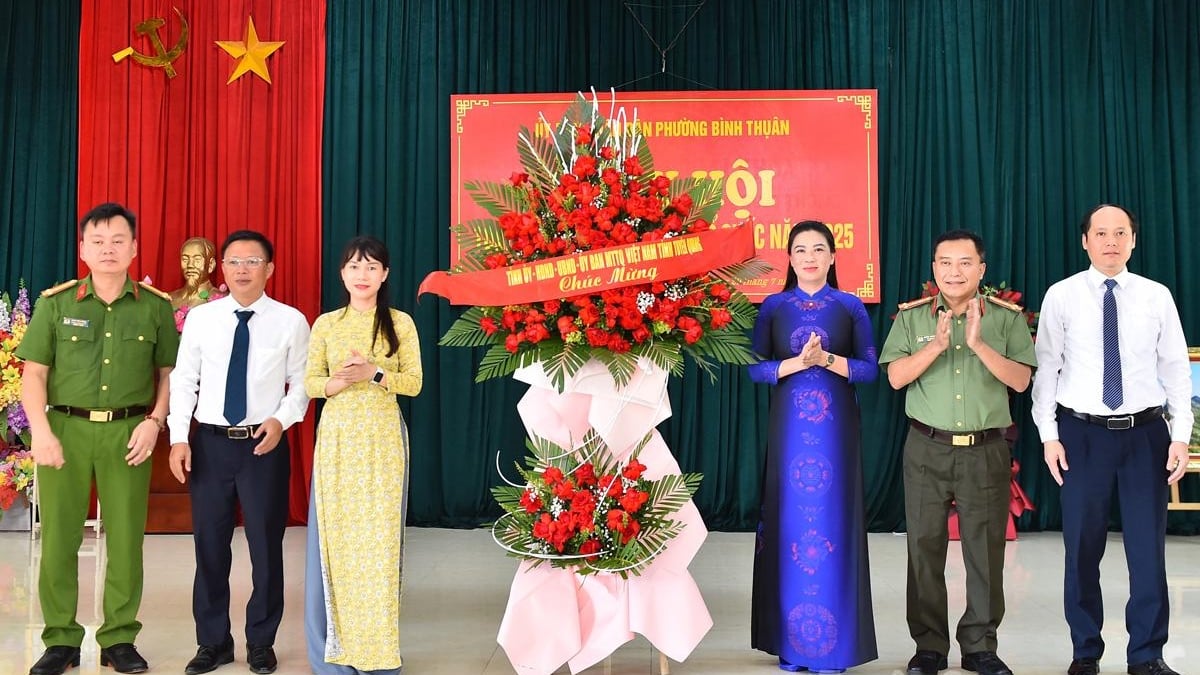
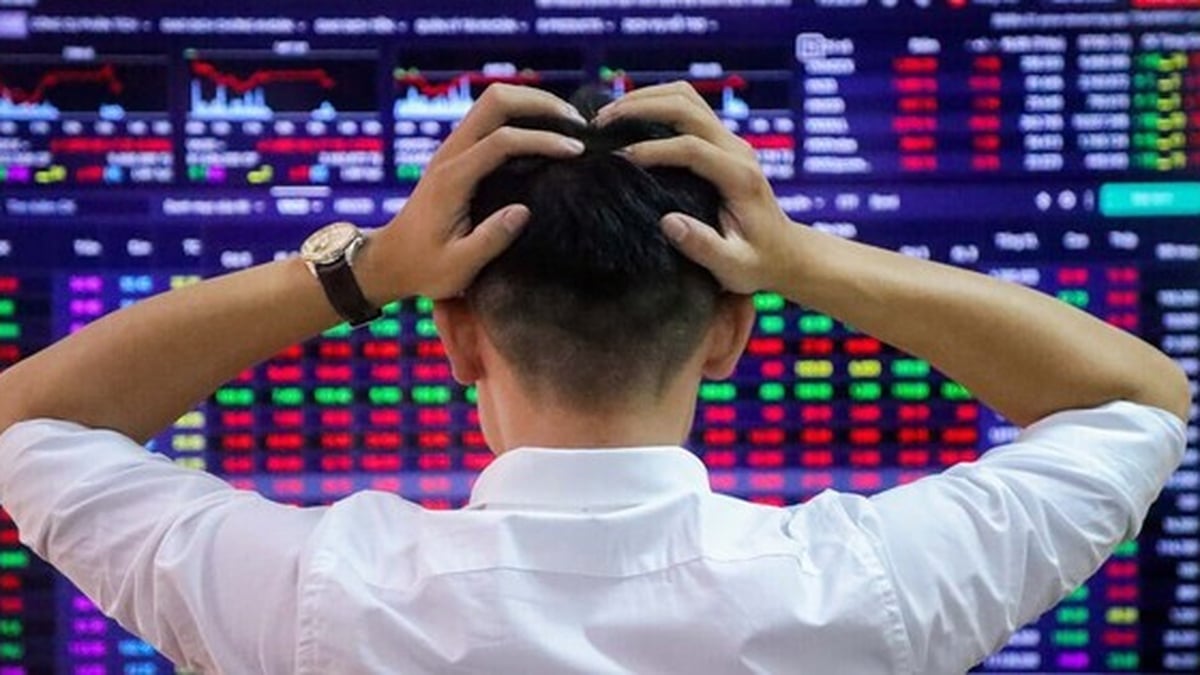
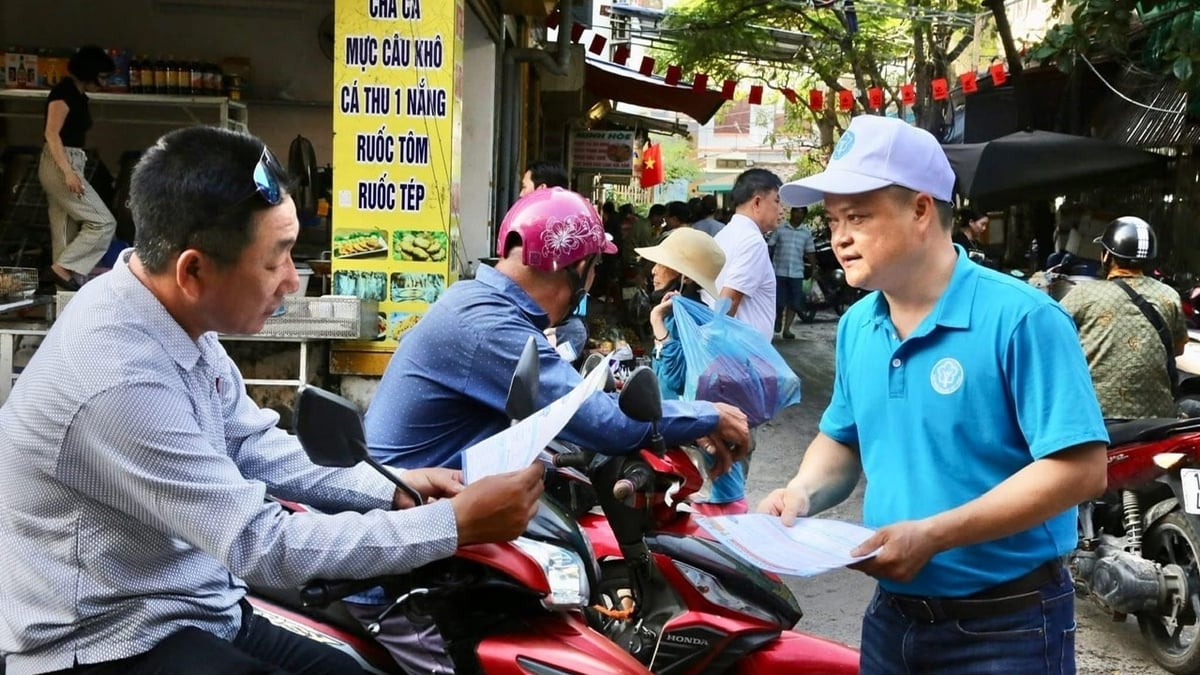

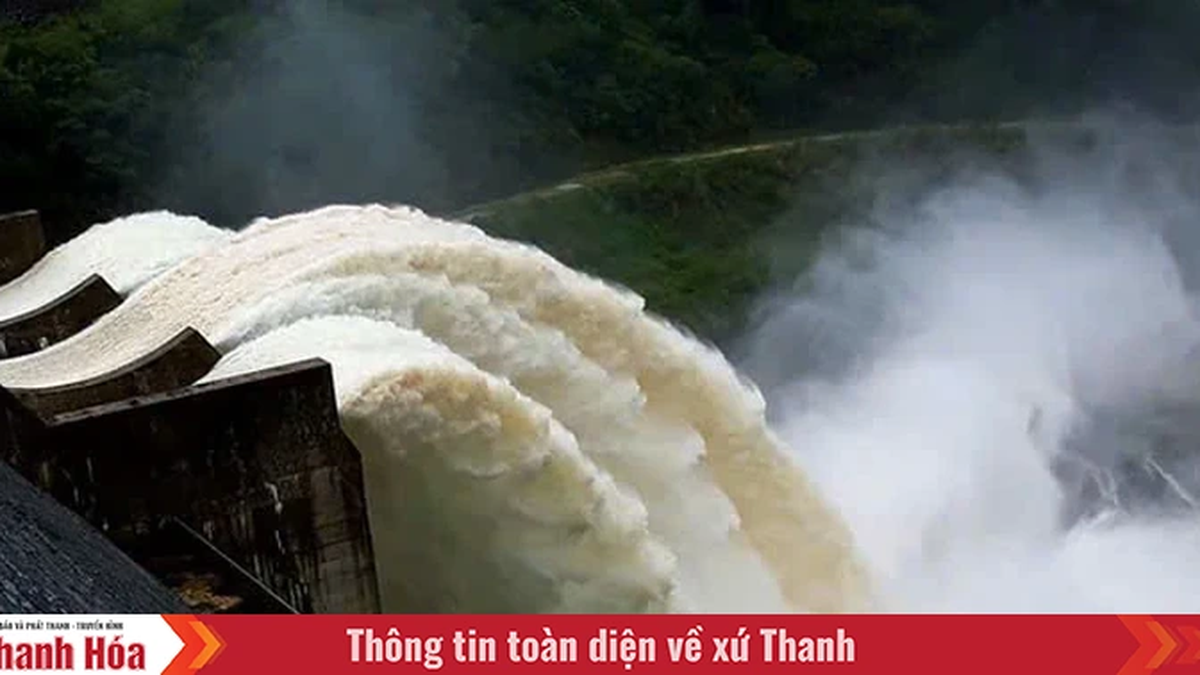
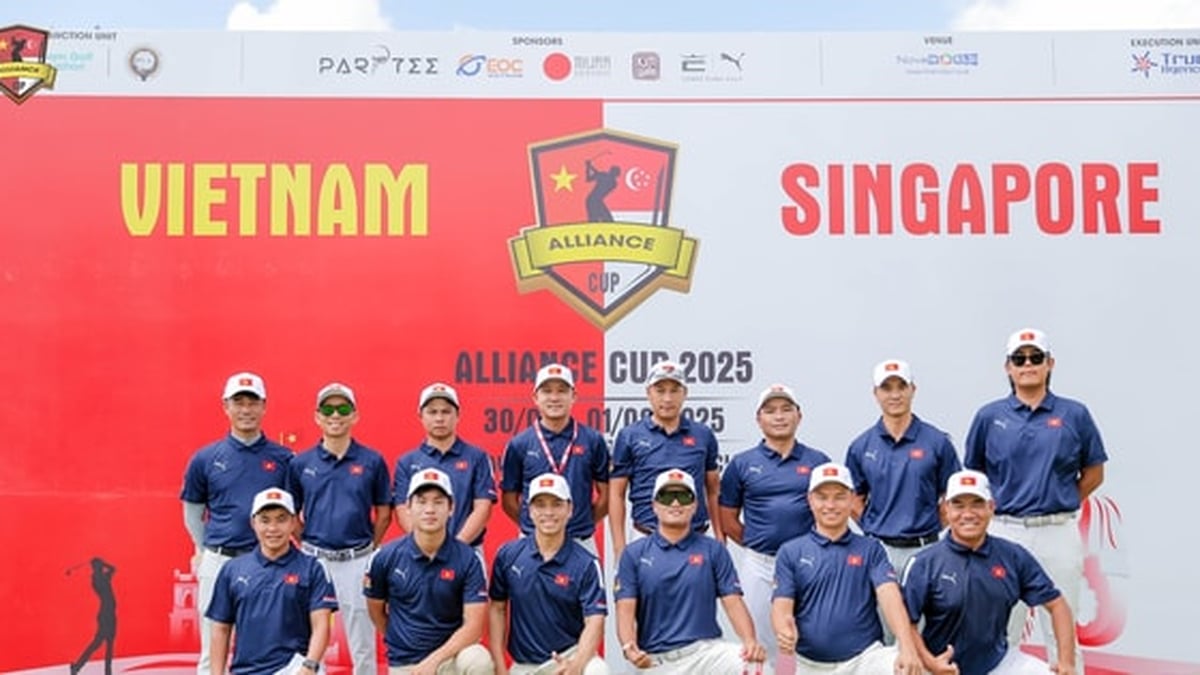

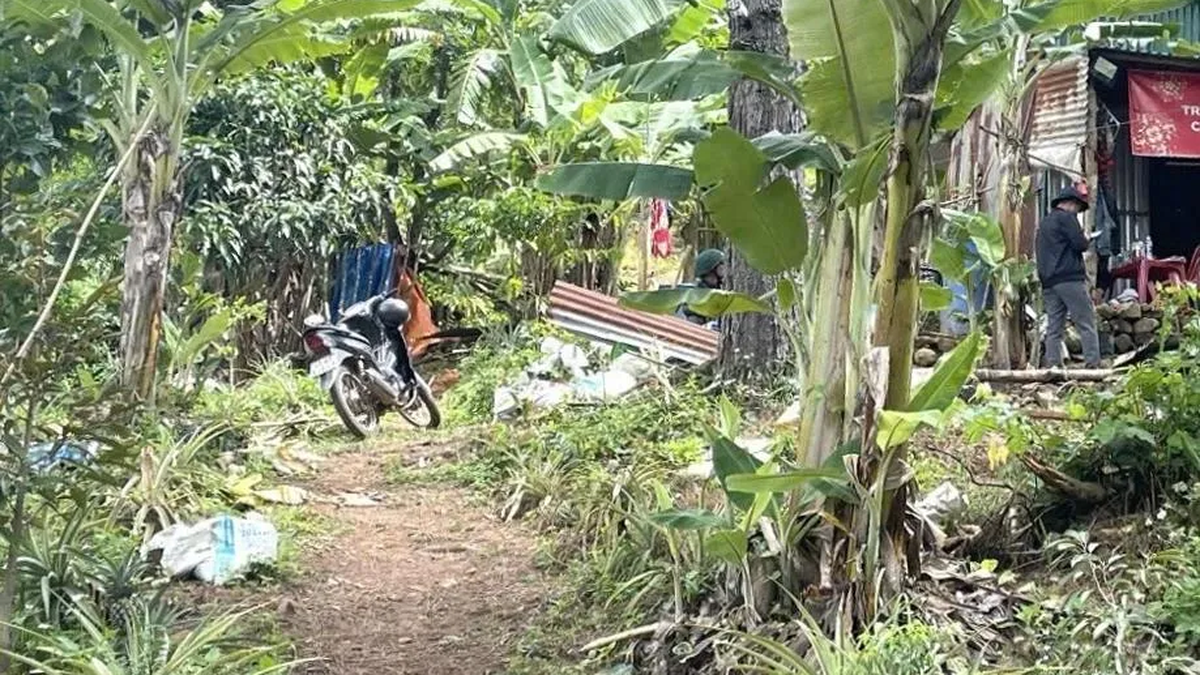
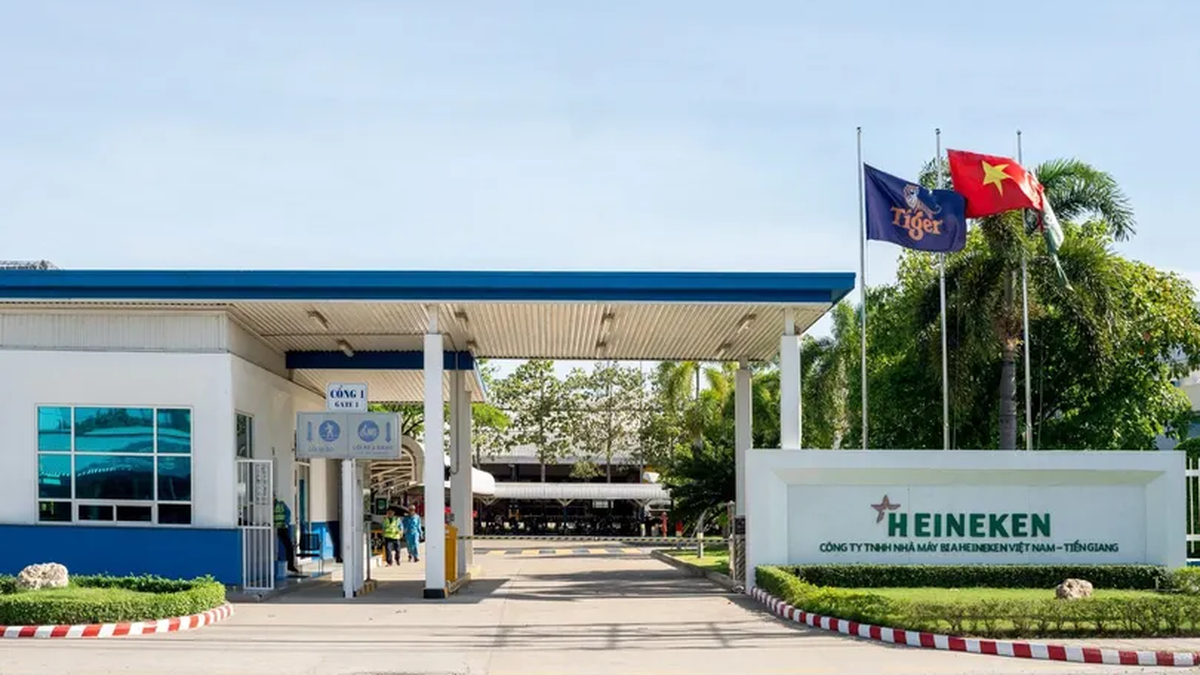












![[Photo] National Assembly Chairman attends the seminar "Building and operating an international financial center and recommendations for Vietnam"](https://vphoto.vietnam.vn/thumb/1200x675/vietnam/resource/IMAGE/2025/7/28/76393436936e457db31ec84433289f72)





































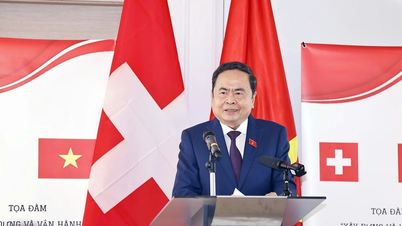






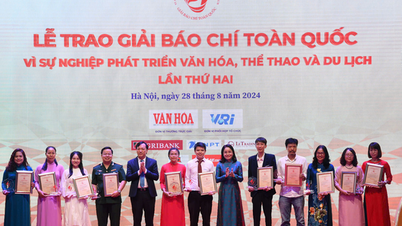


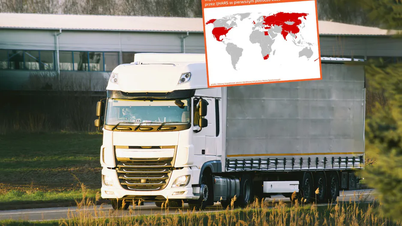

























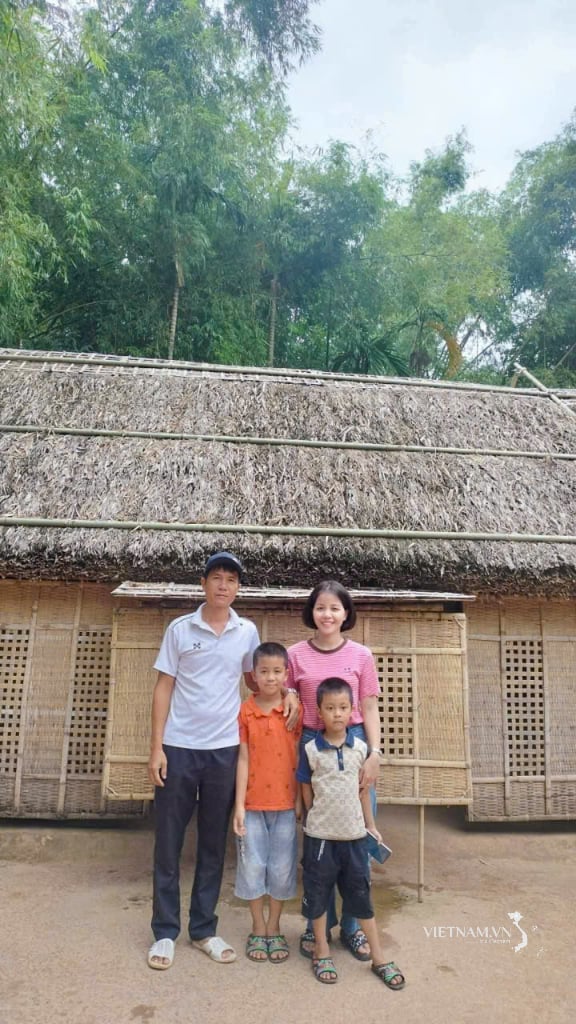
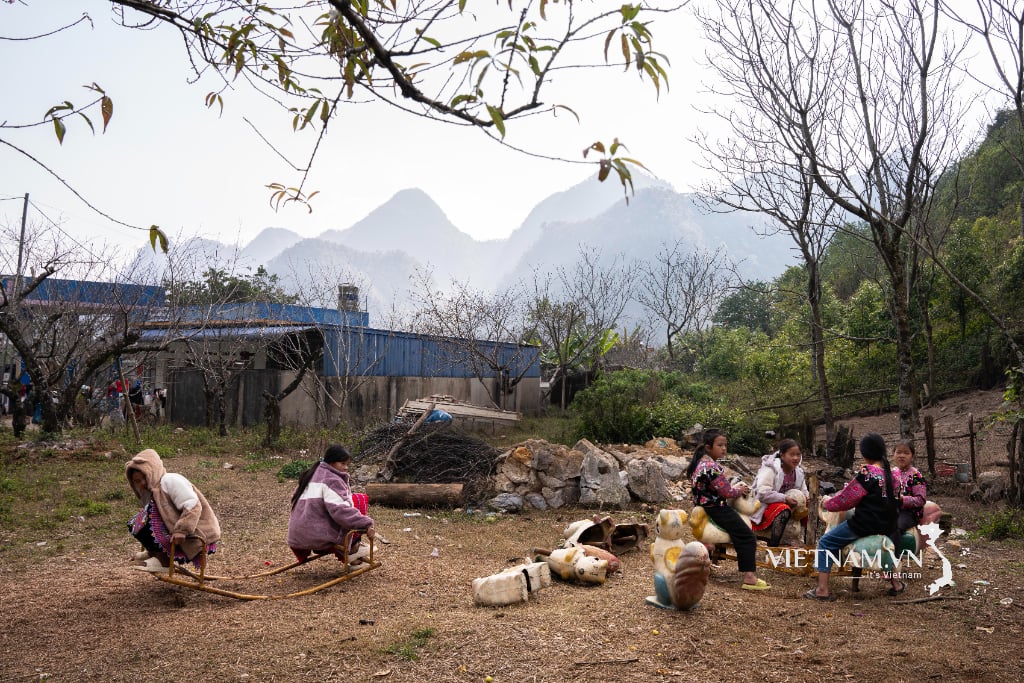


Comment (0)